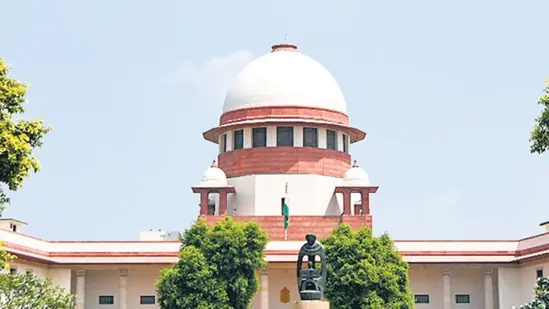In case of Chongtham Victor Singh v State of Manipur
A violent altercation broke out on May 3, 2023, in Manipur, during a “Tribal Solidarity March.” The march was staged in opposition to the Meitei people being classified as a Scheduled Tribe (ST). Due to the Meitei community’s dominance in terms of numbers and political influence in the area, the Nagas and Kuki tribes in particular opposed the inclusion.
To stop the violence from becoming worse, the State of Manipur announced a state-wide internet outage. According to the announcement, the closure will stop ‘anti-social elements’ from utilising social media platforms to instigate the public, propagate untrue stories, and distribute offensive information. The first closure schedule called for five days. The unrest and bloodshed seemed to calm down on May 7th, 2023. However, limits on internet use persisted and were again extended on May 4, 7, 11, 16, 21, and May 26, 2023.
On May 28th, 2023, two petitioners, Chongtham Victor Singh and Mayengbam James MC, filed a Writ Petition in the Supreme Court challenging the internet shutdown. The petitioners argued that the shutdown continued indefinitely even after the situation had ‘de-escalated’. They asserted that the lack of internet access had severely impacted their lives and livelihoods, violating their fundamental rights guaranteed under Articles 19 and 21 of the Constitution.
The petitioners referred to Anuradha Bhasin v Union of India (2020), where the SC held that an indefinite suspension of internet services was contrary to the law. They further argued that the suspension orders violated Section 5(2) of the Telegraph Act, 1885 and the Telegraph Rules. On June 9, 2023, a vacation bench made up of Justices Rajesh Bindal and Aniruddha Bose declined to “urgently intervene,” noting that the Manipur High Court was already hearing the case. After the summer break, the petition would be heard by a normal bench.
Now, The Supreme Court will decide the constitutional validity of the Internet shutdown in Manipur.

